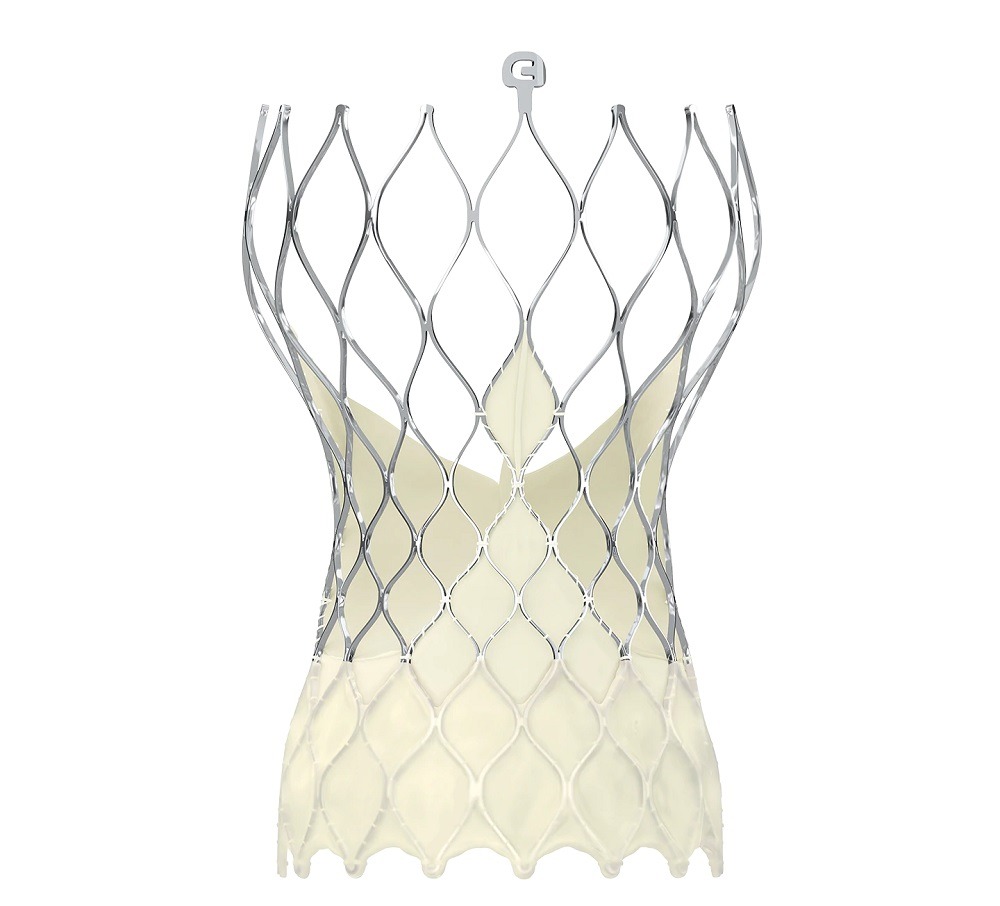
Medtronic has started a randomised, head-to-head study comparing its transcatheter aortic valve replacement (TAVR) system Evolut TAVR platform with Edwards SAPIEN Valve, in severe symptomatic aortic stenosis (ssAS) patients.
The head-to-head study, dubbed SMART post-market trial is planned to compare the valve safety and performance of Evolut PRO and PRO+TAVR Systems versus SAPIEN 3 and SAPIEN 3 Ultra Transcatheter Heart Valves from Edwards Lifesciences.
SMART Trial principal investigator and steering committee chair Howard C Herrmann said: “Hemodynamic performance is particularly important in many patients with aortic stenosis, including those with small annuli, surgical aortic valves needing a TAV-in-SAV procedure, patients with left ventricular dysfunction, and those who are young and most active.
“For many of these and other TAVR patients, valve design matters. The outcome of this important head-to-head study will allow heart teams to more selectively tailor clinical decision making to ensure the right valve is selected for the right patient.”
SMART clinical trial
The SMART trial will enrol nearly 700 subjects, and evaluate valve performance in patients with small annuli and those who are eligible for transcatheter valve implanted inside of failed surgical valve (TAV-in-SAV) procedures.
The company said that its SMART trial will focus on small annulus patients and will primarily enrol women, to provide clinical insight into an underrepresented patient population in TAVR literature. The first patient enrolment is expected in early 2021.
The pre-specified endpoints of the study include hemodynamic (blood flow) superiority and clinical non-inferiority with the Evolut platform for mortality, stroke, or rehospitalization at 12 months.
Medtronic to conduct feasibility study of Evolut TAVR platform
The medical device maker will also conduct a feasibility study of Evolut TAVR platform, dubbed the Evolut EXPAND TAVR I feasibility study. The platform includes Evolut R, Evolut PRO and Evolut PRO+ TAVR Systems.
The study is aimed at evaluating the self-expanding, supra-annular valve in patients with symptomatic moderate and asymptomatic severe aortic stenosis.
Medtronic has submitted the Evolut EXPAND TAVR I feasibility study to the FDA for Investigational Device Exemption (IDE) approval.
The study is planned to enrol up to 150 patients to evaluate the use of TAVR in patients before signs of left ventricular dysfunction are observed. Also the clinical and hemodynamic performance of the Evolut TAVR system to inform future clinical work will be assessed in the study.
Medtronic structural heart business medical affairs chief medical officer and vice president Jeffrey Popma said: “Moderate aortic stenosis, if left untreated, can be just as deadly for patients as the more severe forms of the disease.
“Limited clinical research has shown that early intervention may reduce the high rates of mortality often seen in these patients as the disease progresses further down the road. The outcomes observed from in this study will help shape our clinical strategy to pursue expansion of the therapy to new populations who may benefit.”






